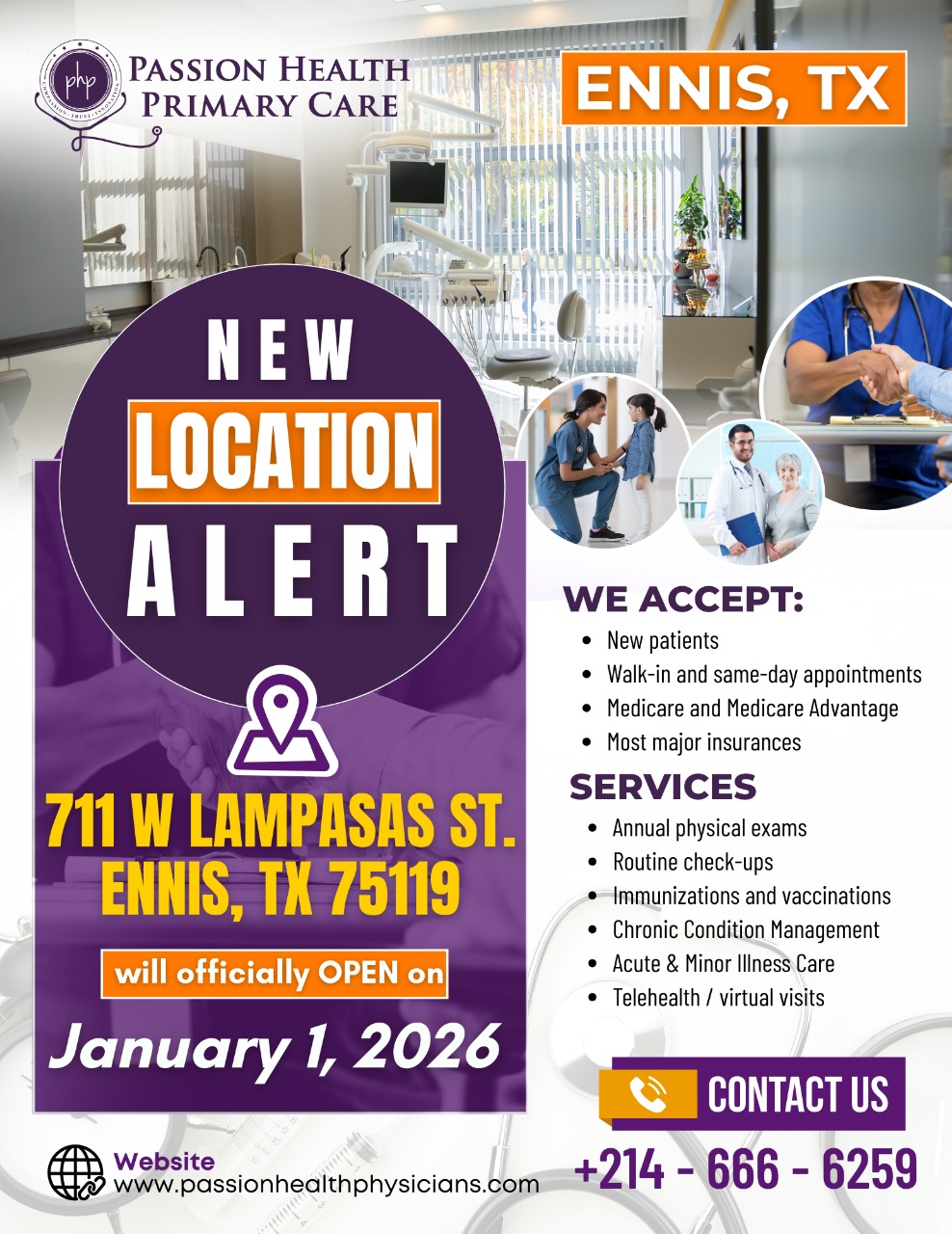National Updates
CDC Layoffs Haunt Public Health Mission
The CDC issued ~1,300 layoff notices across core departments—morbidity & mortality, immunization, global health, surveillance. After backlash, about half were rescinded. But critical gaps remain.
The Guardian
COVID-19 Boosters Now Broader Access
The CDC shifted to “shared decision-making,” allowing anyone aged 6 months and up (with consultation) to get updated boosters.
Reuters
Pharma Price Pressure Intensifies
Trump’s administration has pressured companies: Eli Lilly to boost insulin production; Pfizer to increase cancer & cholesterol drug output.
Reuters
Texas Updates
AG Paxton Challenges Vaccine Policy for Transplants
Attorney General Ken Paxton warned Houston Methodist that its policy denying organ transplants to unvaccinated individuals may violate new Texas law (HB 4076). The hospital affirms compliance.
Houston Chronicle
Respiratory Viruses on the Rise
Texas is seeing increases in RSV, COVID, flu, and common cold strains among children and adults as we move deeper into the fall season.
KHOU
Global Health Alerts
WHO Upgrades Public Health Intelligence System (EIOS v2.0)
On October 13, WHO (with EU & Germany) launched version 2.0 of its Epidemic Intelligence from Open Sources system, expanding capabilities for early detection of public health threats across more than 110 countries.
World Health Organization
New Global Guidelines for Postpartum Hemorrhage
WHO, ICM, and FIGO issued updated recommendations calling for better prevention, faster diagnosis, and treatment of postpartum hemorrhage—still the world’s leading childbirth complication.
World Health Organization
Clinical Tips for Providers
With CDC staffing cuts, local surveillance & reporting may lag—lean on regional networks and lab data to catch trends.
Offer booster counseling to all eligible patients under the new shared-decision guidance.
In transplant or referral settings, confirm hospital policies align with HB 4076 regarding vaccination status.
Screen patients for multiple respiratory viruses this season; maintain vigilance for co-infections.
Use the upgraded EIOS platform insights for emerging risk alerts and support local preparedness.
In obstetric care, review postpartum hemorrhage protocols to align with the new WHO guidance—ensure timely treatment and training.





